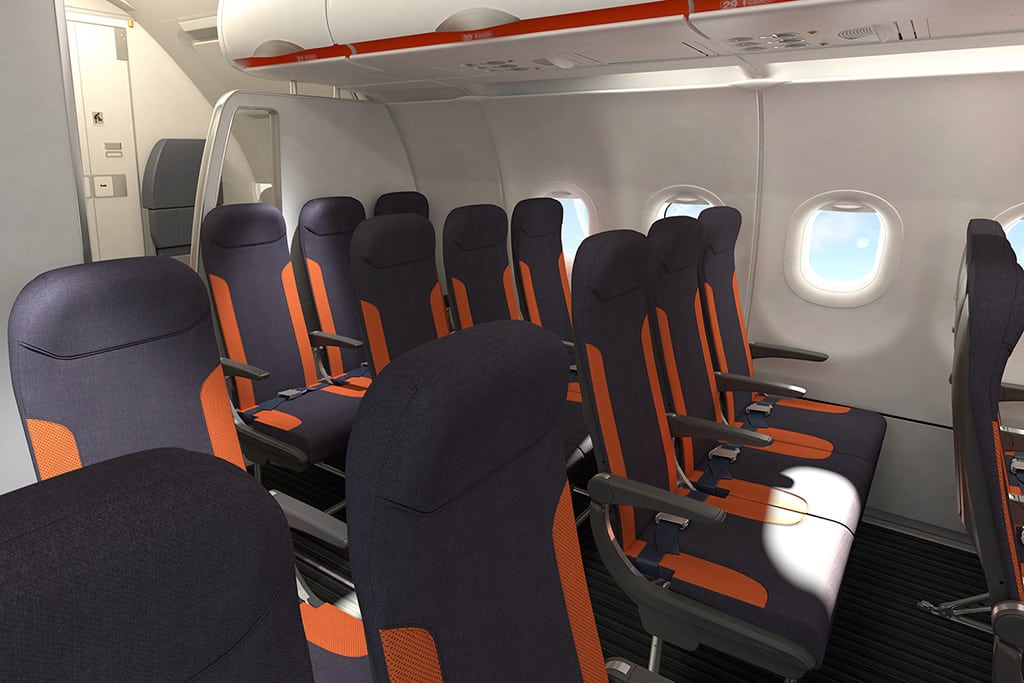Skift Take
Every travel company wants to be known as innovative. But creating the right culture for innovation can be challenging. That's why travel incubators seem like such a great strategy: access to outside partners, ideas and talent with minimal risk.
With so much investment, attention and deal-making happening in Silicon Valley, it’s not surprising that more companies in the travel industry are attempting to create their own systems of innovation. How can technology help them improve their operations and profits? More importantly, how can they build the right culture that will help them develop and implement these ideas?
The answer, increasingly, for a range of travel firms, is creating or partnering with travel “incubators” and investment funds. Whether it’s JetBlue, EasyJet, Marriott, the city of Paris, or Amadeus, the approach is more or less the same. Established travel firms offer funding and management know-how to early-stage entrepreneurs in exchange for access to their ideas and insights. The benefits of this approach are numerous. The companies not only get access to potentially lucrative ideas to help evolve their businesses, they also build relationships with partners and talent that can help them reach their own innovation goals.
How do companies go about building such incubators? And what should they know before doing so? Read on for more insights, plus the rest of this week’s top marketing stories.
How EasyJet Uses Its Incubator Partnership to Drive Innovation
European low-cost carrier EasyJet is one of a number of airline brands using partnerships with technology incubators to help evolve and innovate its own business operations. Why did an airline decide to invest in a technology accelerator in the first place? And how did they find the right partners to help identify talent and make deals? Read more
What the Travel Industry Can Learn from Patagonia
Lots of travel brands like to talk about their values of “social responsibility” and pledge to “do good.” But for too many industry executives, this commitment only extends as far as the bottom line. One brand that’s managed to walk the blurry line between capitalism and activism particularly well is Patagonia. This profile of the outdoor retailer’s unusual approach to marketing offers some great food for thought for any travel marketers hoping to be a force for good. Read more
Hyatt Promotes Message of Inclusiveness in New Ad Campaign
Coming on the heels of the Trump Administration’s recent “travel ban,” more travel firms have been coming out more publicly with messages that encourage a culture of acceptance, inclusiveness and understanding. Airbnb’s recent pro-refugee Super Bowl ad was one example. Now Hyatt is following a similar course with a new ad campaign, launching at this weekend’s Academy Awards broadcast. Read more
How Travel Brands Can Run Successful Facebook Campaigns
Social media marketing is an increasingly critical component of most travel marketers’ strategies. But many marketers still struggle with how to execute on such campaigns to drive their business goals. This run-down of recent travel brand case studies on Facebook offers some great examples. Read more
Hopper App Helps Travelers Understand Airline Fees
The rise of the low-cost airfare model has been both good and bad for travelers. On one hand, fliers get access to cheaper airfare. At the same time, most carriers have done a horrible job explaining what’s not included in these bargain basement flight prices. Flight search company Hopper is adding a new feature to help travelers make sense of it all. Read more
Have a confidential tip for Skift? Get in touch
Tags: content marketing, Digital Marketing, innovation
Photo credit: More travel companies, including European low-cost carrier EasyJet, are looking for ways to jumpstart their internal culture of innovation. Travel incubators offer one potential solution. EasyJet

